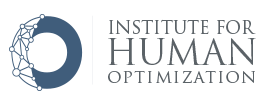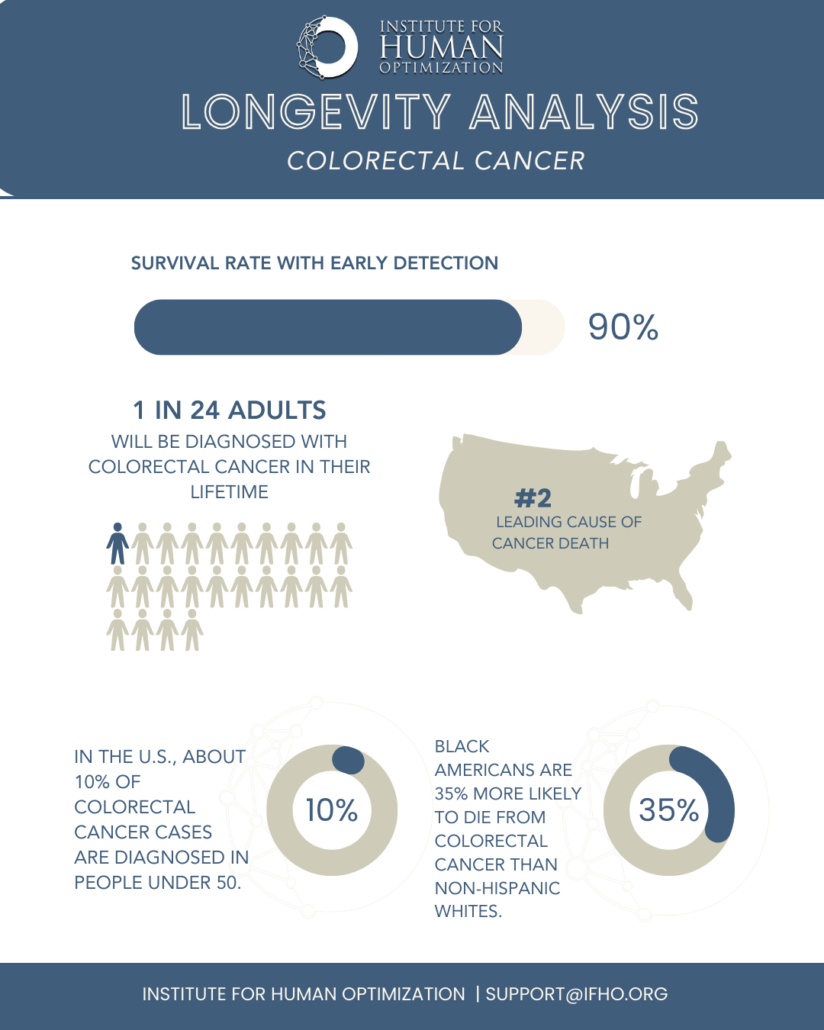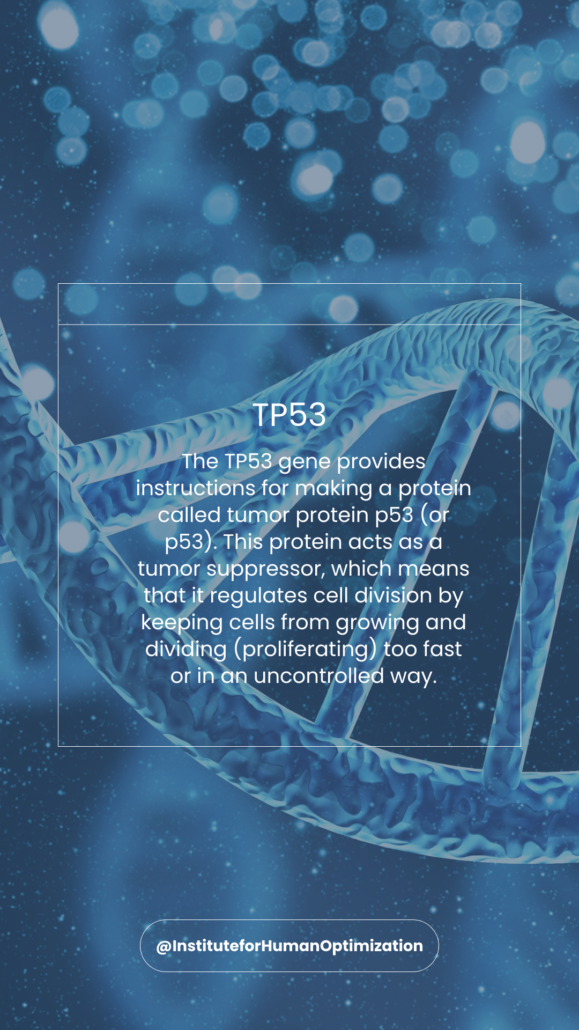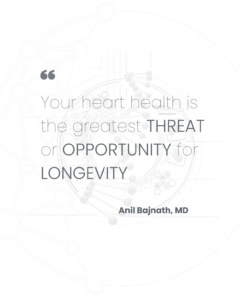Recently we have had a spark of interest on our Advanced Longevity Therapies such as EBO2 (Extracorporeal Blood Oxygenation and Ozonation with UVBI), a protocol that our Founder, Anil Bajnath, MD prescribes to himself. In this blog post, we will dive into what EBO2 is and how it can potentially increase your longevity.
Understanding Ozone Therapy
Ozone therapy has emerged as a groundbreaking treatment in the world of alternative medicine. It involves the use of ozone gas to promote healing and wellness. This treatment is gaining attention for its potential in addressing various health issues and enhancing overall well-being. But what exactly is ozone therapy, and why is it becoming so popular among health enthusiasts and biohackers?
Ozone, a molecule composed of three oxygen atoms, is known for its powerful oxidizing properties. When administered correctly, it can stimulate the immune system, improve circulation, and promote the body’s natural healing processes. The concept of using ozone for medical purposes isn’t new, but recent advancements have made it more accessible and effective.
In this guide, we will explore the different types of ozone therapy, with a special focus on EBO2. We’ll also look at how this innovative treatment can contribute to longevity and overall health. Whether you’re a health enthusiast, a biohacker, or an executive looking to optimize your well-being, this article is for you.
Types of Ozone Therapy
There are several types of ozone therapy, each with its unique benefits and applications. Understanding these different approaches will help you make an informed decision about which one might be right for you.
Single Pass Ozone Therapy
Single Pass Ozone Therapy is one of the simplest forms of ozone treatment. In this method, a small quantity of blood is drawn from the patient and treated with ozone before being reintroduced into the body. This process is quick and relatively straightforward.
While single pass therapy can be effective for boosting the immune system and providing antioxidant benefits, it may not offer the same level of impact as more advanced methods. It’s often used as an introductory treatment or for individuals who prefer a less intensive approach.
Multi Pass Ozone Therapy
Multi Pass Ozone Therapy takes the single pass method to the next level. Instead of treating the blood with ozone just once, this method involves multiple passes, significantly increasing the amount of ozone exposure. This process enhances the therapeutic effects, making it more effective for chronic conditions and overall health optimization.
This method is particularly popular among biohackers and health enthusiasts looking for a more powerful and comprehensive treatment. The multiple passes allow for deeper detoxification and improved oxygenation of tissues, promoting better overall function.
EBOO (Extracorporeal Blood Oxygenation and Ozonation)
EBOO is a more advanced form of ozone therapy that involves the continuous circulation of blood through an ozone device. This method allows for a more thorough and continuous exposure to ozone, enhancing its therapeutic effects. EBOO is often used for more severe health conditions or for individuals seeking a more intensive treatment option.
The continuous circulation process helps to remove toxins from the blood and improve overall oxygenation. This can lead to significant improvements in energy levels, immune function, and overall well-being. However, EBOO requires specialized equipment and trained professionals, making it a more complex and costly option.
EBO2 (Extracorporeal Blood Oxygenation and Ozonation with UVBI)
EBO2, or Extracorporeal Blood Oxygenation and Ozonation and Ultraviolet Blood Irradiation, is the most advanced form of ozone therapy. It combines EBOO with UVBI, a treatment that exposes the blood to ultraviolet light. This combination creates a potent synergy, making it one of the most effective and comprehensive treatments available.
EBO2 has been gaining popularity for its ability to address a wide range of health issues and promote overall longevity. Some of its potential benefits include improved circulation, enhanced immune function, detoxification, and increased energy levels. However, this treatment requires specialized equipment and trained professionals.
The Benefits of EBO2 for Longevity
One of the most exciting applications of EBO2 is its potential to promote longevity. By improving overall health and reducing the burden of chronic conditions, EBO2 can help individuals live longer, healthier lives. Here are some of the key benefits:
Enhanced Detoxification
EBO2’s filtration process removes toxins and impurities from the blood, reducing the overall toxic burden on the body. This can lead to improved organ function and a lower risk of chronic diseases. Detoxification is essential for maintaining optimal health and preventing the accumulation of harmful substances that can accelerate aging.
Improved Oxygenation
Oxygen is critical for cellular function and overall health. EBO2 enhances oxygen delivery to tissues, improving energy levels, cognitive function, and overall vitality. Enhanced oxygenation supports the body’s natural healing processes and promotes better overall function, contributing to a longer and healthier life.
Immune System Support
Ozone therapy stimulates the immune system, helping the body fight off infections and other health challenges more effectively. A robust immune system is essential for longevity, as it protects against diseases and promotes overall well-being. EBO2 can enhance immune function, making it easier for the body to respond to health threats and maintain optimal health.
Reduced Inflammation
Chronic inflammation is a significant factor in aging and many chronic diseases. EBO2’s anti-inflammatory effects can help reduce inflammation, promoting better health and longevity. By addressing inflammation, EBO2 can help prevent and manage conditions such as arthritis, cardiovascular disease, and autoimmune disorders, contributing to a longer and healthier life.
EBO2 represents a significant advancement in ozone therapy, offering a powerful and effective treatment option for those looking to enhance their health and longevity. By improving detoxification, oxygenation, immune function, and reducing inflammation, EBO2 can help you achieve optimal health and well-being.
Whether you’re a health enthusiast, a biohacker, or an executive looking to optimize your performance, EBO2 offers a promising solution. The Institute for Human Optimization provides the expertise, personalized care, and state-of-the-art facilities needed to support your journey to better health.
Take the first step towards a longer, healthier life by exploring the benefits of EBO2. Contact the Institute for Human Optimization today to learn more about how this innovative treatment can help you achieve your health goals. Experience the future of longevity medicine and unlock your full potential with EBO2.
Longevity Medicine at the Institute for Human Optimization
The Institute for Human Optimization is at the forefront of longevity medicine, offering cutting-edge treatments like EBO2 to help individuals achieve their health goals. Let’s take a closer look at what this institute has to offer and how it can support your journey to optimal health.
Personalized Treatment Plans
At the Institute for Human Optimization, each patient receives a personalized treatment plan tailored to their unique needs and health goals. This approach ensures that you receive the most effective and appropriate care for your specific situation. Personalized treatment plans take into account factors such as medical history, lifestyle, and genetic predispositions, providing a comprehensive and individualized approach to longevity.
State-of-the-Art Facilities
The Institute for Human Optimization is equipped with state-of-the-art facilities and technology, providing the best possible environment for advanced treatments like EBO2. The cutting-edge equipment and comfortable setting ensure that your experience is as effective and pleasant as possible. The institute’s commitment to excellence extends to every aspect of your care, from the initial consultation to the completion of your treatment plan.
About the Institute for Human Optimization
Conveniently located in Hanover, MD, in Howard County outside of BWI, the Institute for Human Optimization combines the latest advancements in longevity medicine with personalized care and expert guidance to be the premier center in Longevity and Health Optimization. Led by Anil Bajnath, MD, we are dedicated to helping you achieve optimal health and vitality through cutting-edge treatments like EBO2. Contact us today to learn more about our services and how we can support your journey to better health and longevity.





